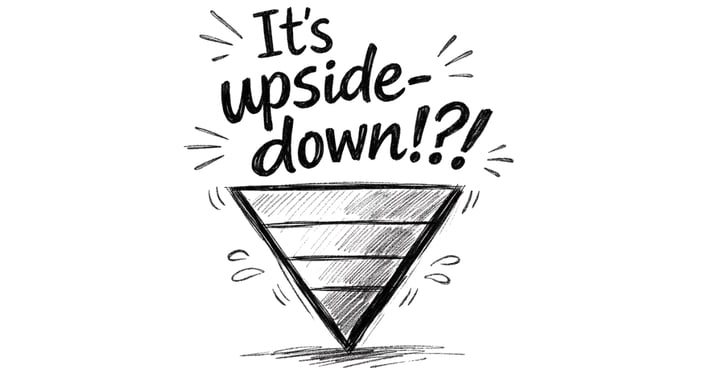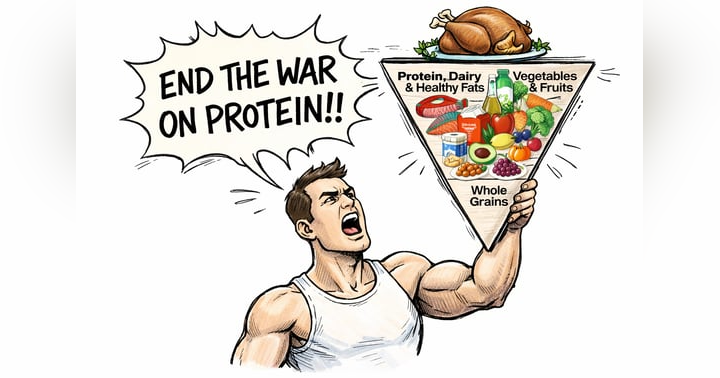What happens when AI reads your chart notes?
Researchers at Brigham & Women’s Hospital in Boston used ChatGPT-4o to scan over 17,000 outpatient notes from providers treating adults with asthma and obesity between 2020 and 2023. The prompts were simple:
- Is asthma being discussed?
- If yes, is obesity management being discussed?
- If yes, list the strategies.
- If yes, was it discussed in the context of asthma?
The result?
➡️ Obesity management came up in only 25.8% of encounters.
➡️ Within that group, less than half discussed weight loss in the context of asthma.
➡️ Overall, only 12.6% (2219 of 17, 660) of patients with asthma and obesity had a conversation about losing weight to improve their asthma.
And yes—as one researcher said, “Just because it’s not written down doesn’t mean we didn’t talk about it. We’re all busy. We don’t always type every single word.”
Totally fair. (although I’d argue documentation is key). But whether it’s not being said or not being documented, this research is a wake-up call.
According to the GINA guidelines, weight reduction should be part of the asthma treatment plan for patients with obesity, with evidence showing that even a 5–10% weight loss can improve asthma control.
Yet, many providers still struggle to start the conversation about weight.
So let’s talk about how you can bring up weight—even when you're short on time and the visit isn’t directly about weight.
--------------------------------------------------------------------------------------
Get nutrition tips like this delivered to your inbox every week
Sign up for the free newsletter here --> https://www.examroomnutrition.com/signup
--------------------------------------------------------------------------------------
1. Ask permission first
The patient’s here for asthma—not weight. So ease in with respect.
“Would it be okay if we spent a minute talking about weight today? I bring it up because it can sometimes impact asthma symptoms.”
2. Explain the recommendation
Give them a reason to care beyond the number on the scale.
“Even a small amount of weight loss—5 to 10%—can help with inflammation and breathing.”
3. Acknowledge the challenge + make a referral
Weight loss is hard. So say that. Then offer something small and doable, and loop in your dietitian for support.
“I know weight loss is tough, and we don’t have a lot of time today. But I can refer you to a dietitian who can really help, and in the meantime, we could pick one or two small changes. Cutting back on soda, taking short walks, or eating a piece of fruit for a snack—any of those sound good to start with?”
So here’s the takeaway:
Weight isn’t just a number—and it’s not an easy conversation. But when we approach it with permission, empathy, and clarity, we open the door to better outcomes and stronger patient trust.
Even a brief, respectful conversation can plant a seed that leads to change. And that’s worth making space for.
To learn more about Registered Dietitians and how they can be an asset to your team, listen to Episode 50 | What Does A Dietitian Do, Anyway?





